IQ test - IQ Test Practice & Learning
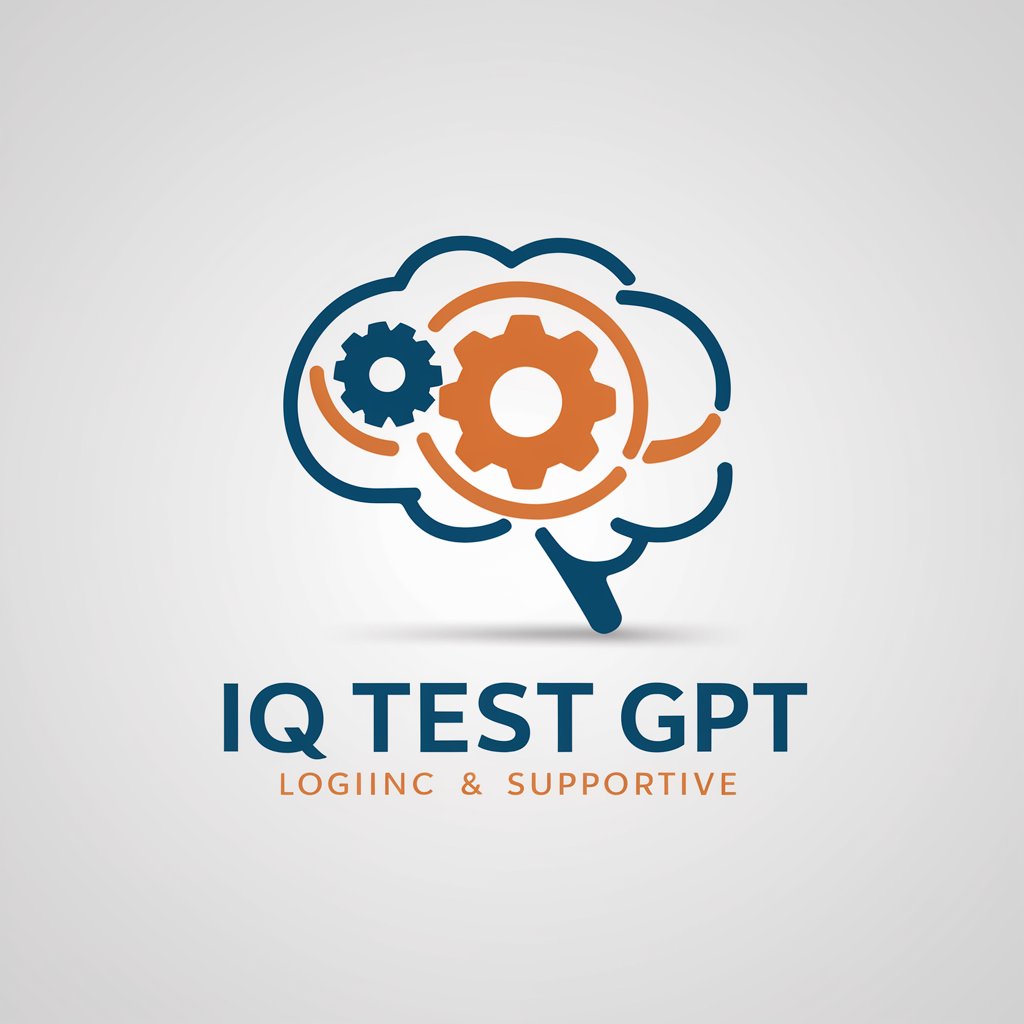
Welcome! Ready to challenge your mind?
Unlock Your Brain's Potential
Solve this logical reasoning puzzle:
Try this numerical sequence challenge:
Here's a spatial reasoning problem for you:
Can you find the pattern in this sequence?
Get Embed Code
Introduction to IQ Tests
IQ tests, or intelligence quotient tests, are standardized assessments designed to measure human intelligence and cognitive abilities relative to an average score of 100. These tests encompass various domains such as logical reasoning, mathematical ability, spatial recognition, and verbal understanding. The purpose behind the design of IQ tests is to provide a quantitative measure of cognitive performance, which can be used for educational placement, assessment of intellectual development, and sometimes in psychological evaluations. An example scenario illustrating the use of IQ tests is in schools, where they might be used to identify students who would benefit from gifted education programs. Another scenario is in the context of professional assessments where employers might use them to gauge the problem-solving abilities of potential candidates. Powered by ChatGPT-4o。

Main Functions of IQ Tests
Assessment of Logical Reasoning
Example
Identifying patterns in sequences of shapes or numbers.
Scenario
Used in educational settings to evaluate students' problem-solving skills and logical thinking.
Measurement of Mathematical Ability
Example
Solving problems that require understanding of mathematical concepts and operations.
Scenario
Helpful in determining a person's aptitude for fields that require strong quantitative skills, such as engineering or science.
Evaluation of Spatial Recognition
Example
Visualizing and manipulating objects in space, such as solving puzzles.
Scenario
Applied in psychological assessments to understand spatial awareness and potential in visual arts or architecture.
Understanding of Verbal Abilities
Example
Comprehending and analyzing written texts, vocabulary tests.
Scenario
Utilized in both academic and professional settings to assess communication skills and language proficiency.
Ideal Users of IQ Test Services
Students and Educators
Students can use IQ tests to identify their strengths and areas for improvement, aiding in personalized learning strategies. Educators can employ these tests to tailor instruction to meet the needs of diverse learners and to place students in appropriate educational tracks.
Job Seekers and Employers
Job seekers might use IQ tests to showcase their cognitive abilities to potential employers, especially in competitive fields. Employers might use these assessments to evaluate candidates' problem-solving and critical thinking skills as part of the hiring process.
Psychologists and Clinicians
These professionals use IQ tests as tools in the diagnosis of learning disabilities, developmental disorders, and for the assessment of cognitive decline in adults. They help in creating intervention strategies and in monitoring cognitive development over time.

Guidelines for Using IQ Tests
Initiate your journey
Start by visiting a reputable platform that offers IQ tests, such as yeschat.ai, where you can try out tests for free without needing to sign up or subscribe to premium services.
Choose the right test
Select an IQ test that matches your interest or the skills you wish to assess, such as verbal reasoning, mathematical ability, or pattern recognition skills.
Prepare adequately
Ensure you are in a conducive environment for taking the test: quiet, well-lit, and free from distractions. Consider doing some warm-up exercises to get your mind ready.
Take the test
Follow the instructions carefully and work through the questions at your own pace, keeping an eye on any time limits. Remember, it's about accuracy as well as speed.
Review and reflect
After completing the test, take time to review your answers and understand your results. Use this as a learning experience to identify areas of strength and opportunities for improvement.
Try other advanced and practical GPTs
Financial Friend
Empowering Financial Wisdom with AI

Tejedor de Sueños
Unlocking the mysteries of your dreams with AI

Joao
Unlock Portugal with AI-Powered Insights

Life Formulas
Simplify Life's Complexity with AI

AI発達障害カウンセラー
Empowering Guidance for Developmental Disorders

GPTixy Social Media PRO
Empower Your Brand with AI-Driven Social Media Management
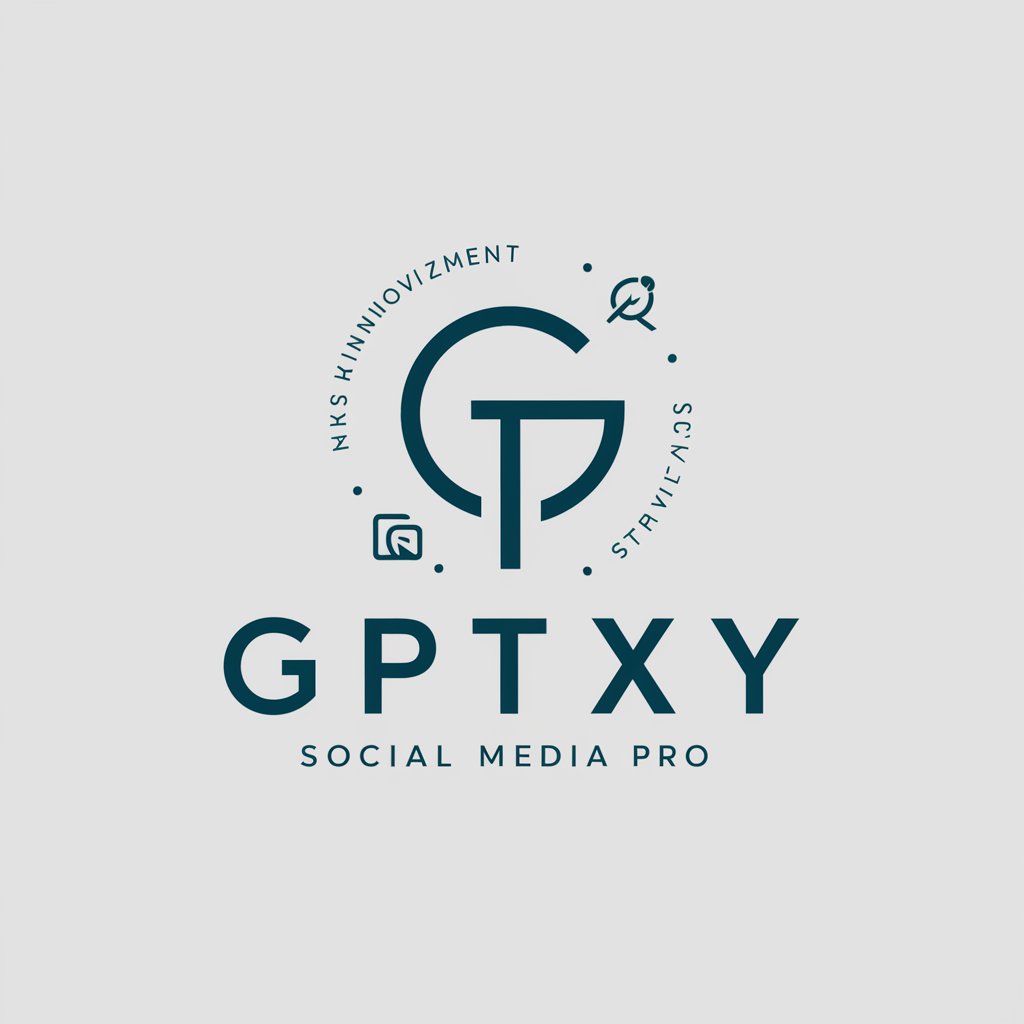
Chess Master
Elevate Your Chess Game with AI
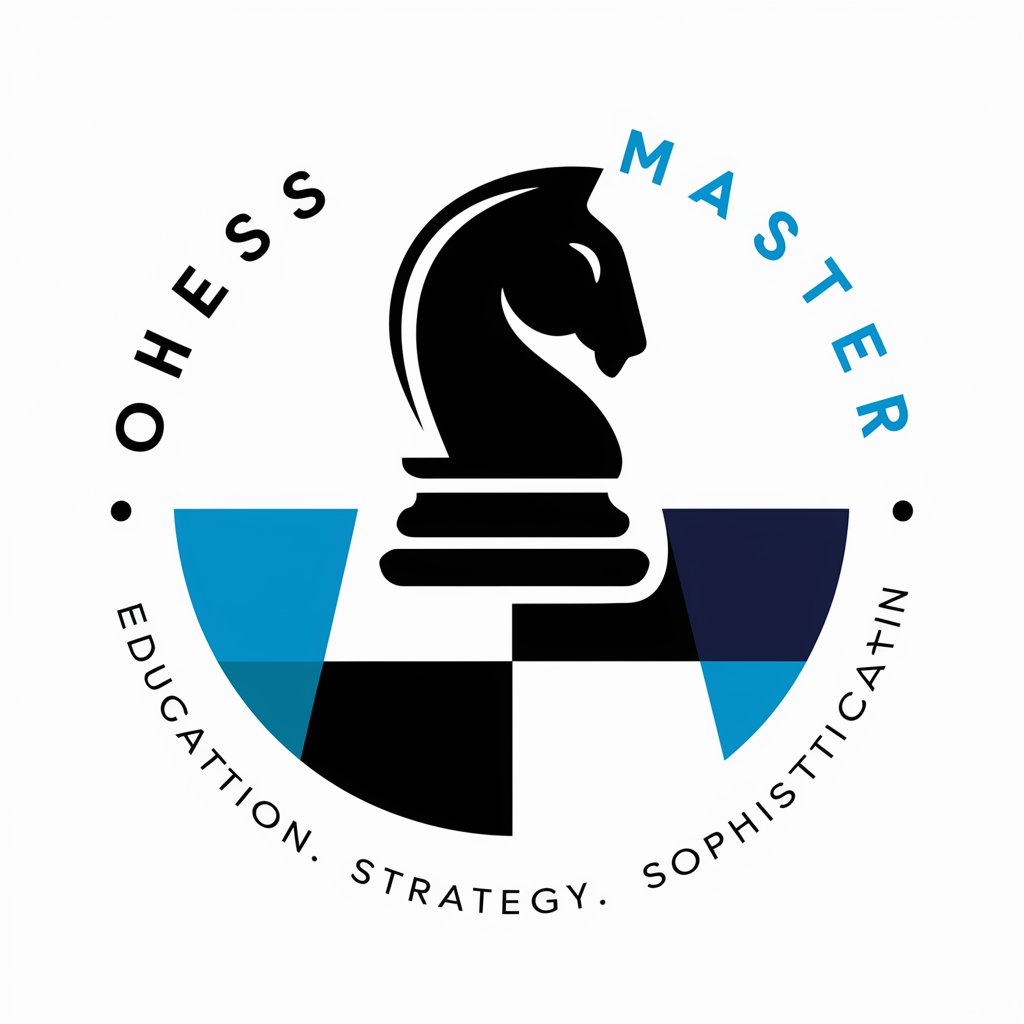
Top 7 AMZ Blog Posts
Craft compelling Amazon content effortlessly

The Contrarian Thinker
Challenge the Norm with AI-Powered Insights
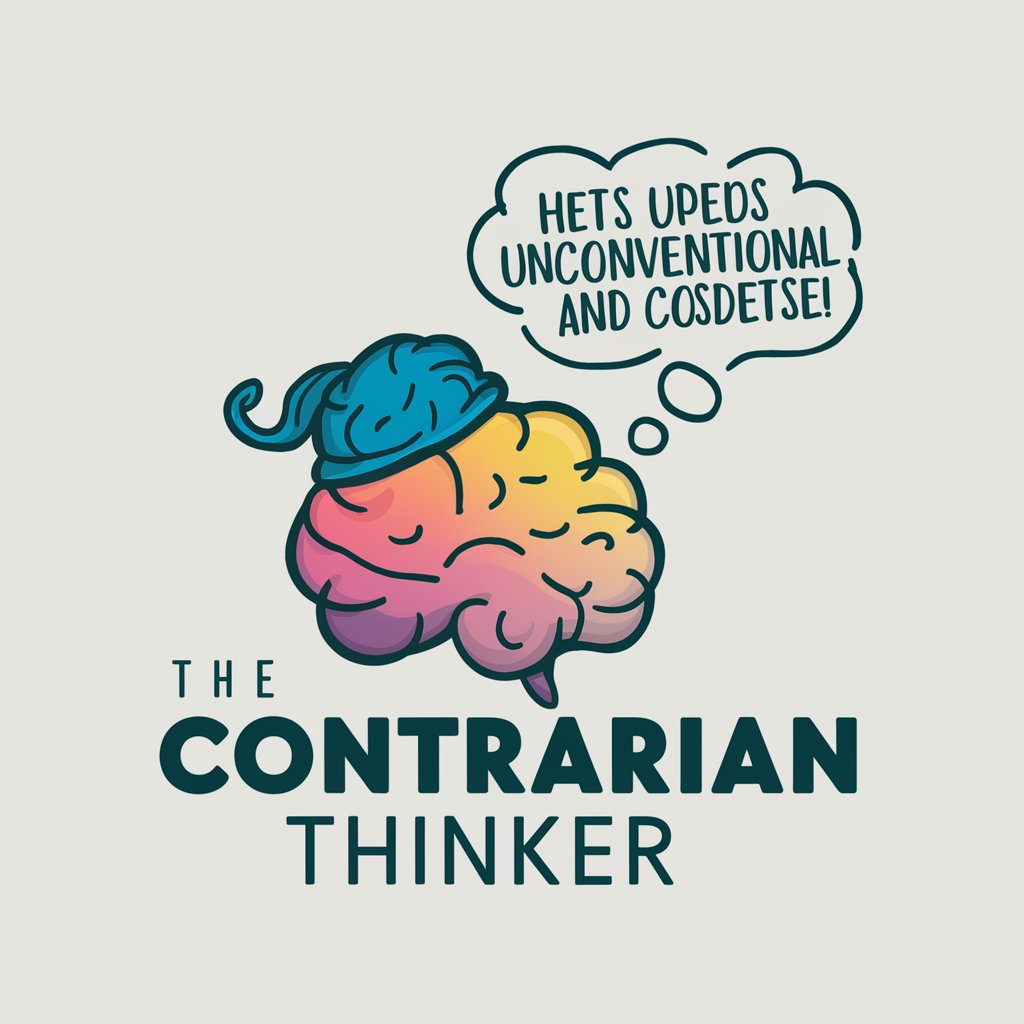
사주명가
Unveiling Your Destiny with AI Insight

Math 数学 수학
Empowering Your Numerical Insights

GLSL / Processing -> WEB HTML5
Transforming shaders into web wonders.
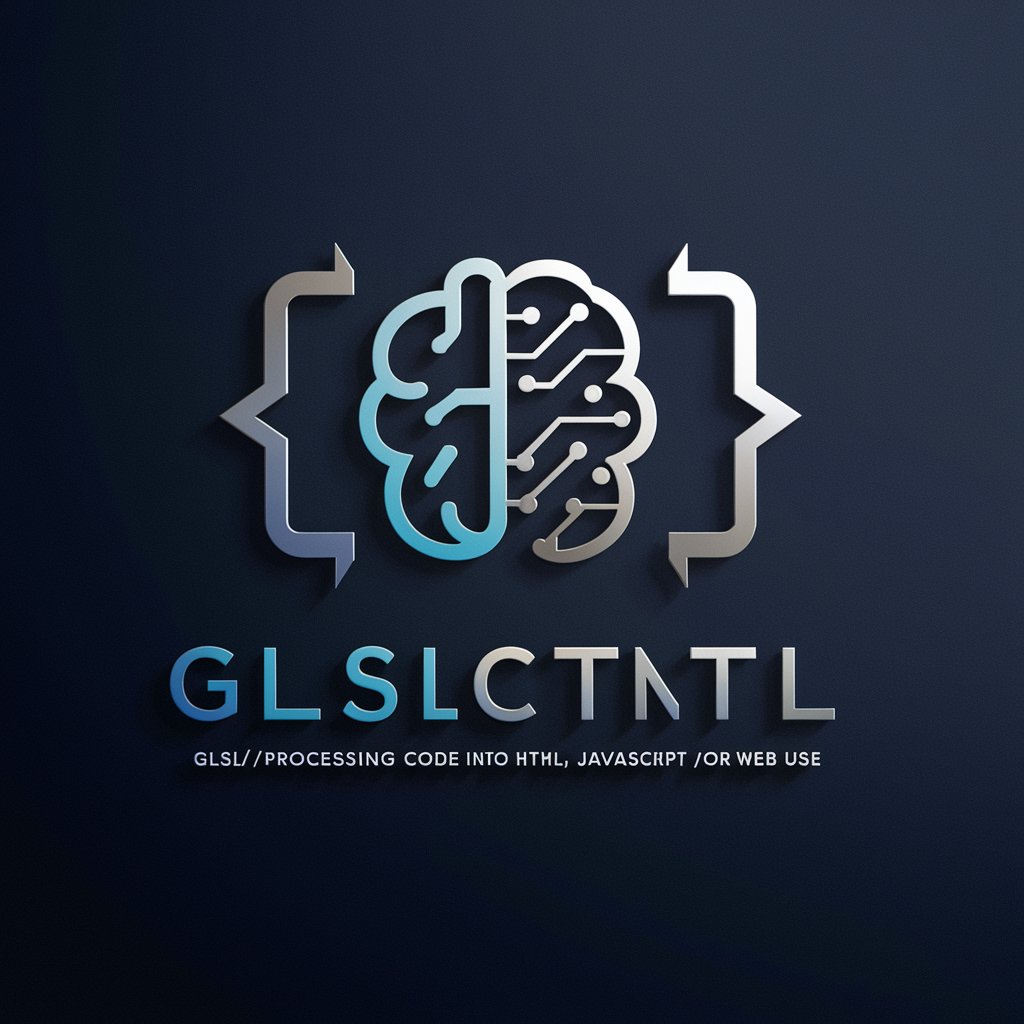
FAQs About Using IQ Tests
What are IQ tests used for?
IQ tests are tools designed to measure a variety of cognitive abilities, including logical reasoning, spatial awareness, and verbal aptitude. They are commonly used for educational assessment, cognitive research, and personal development.
Can IQ tests improve cognitive abilities?
While taking IQ tests alone does not directly improve cognitive abilities, the practice can help enhance problem-solving skills, pattern recognition, and logical thinking by exposing individuals to various types of questions.
Are online IQ tests accurate?
The accuracy of online IQ tests can vary widely. Tests developed by psychologists and based on established intelligence theories are more likely to provide reliable results. Always consider the source of the test.
How often should one take IQ tests?
To avoid test familiarity affecting results, it's advisable to space out test-taking occasions, perhaps trying different types of tests over several months. This approach also allows time for cognitive growth and learning.
Can IQ change over time?
Yes, an individual's IQ can change over time. Factors such as education, mental exercise, and even lifestyle changes can influence cognitive abilities and, by extension, IQ scores.
